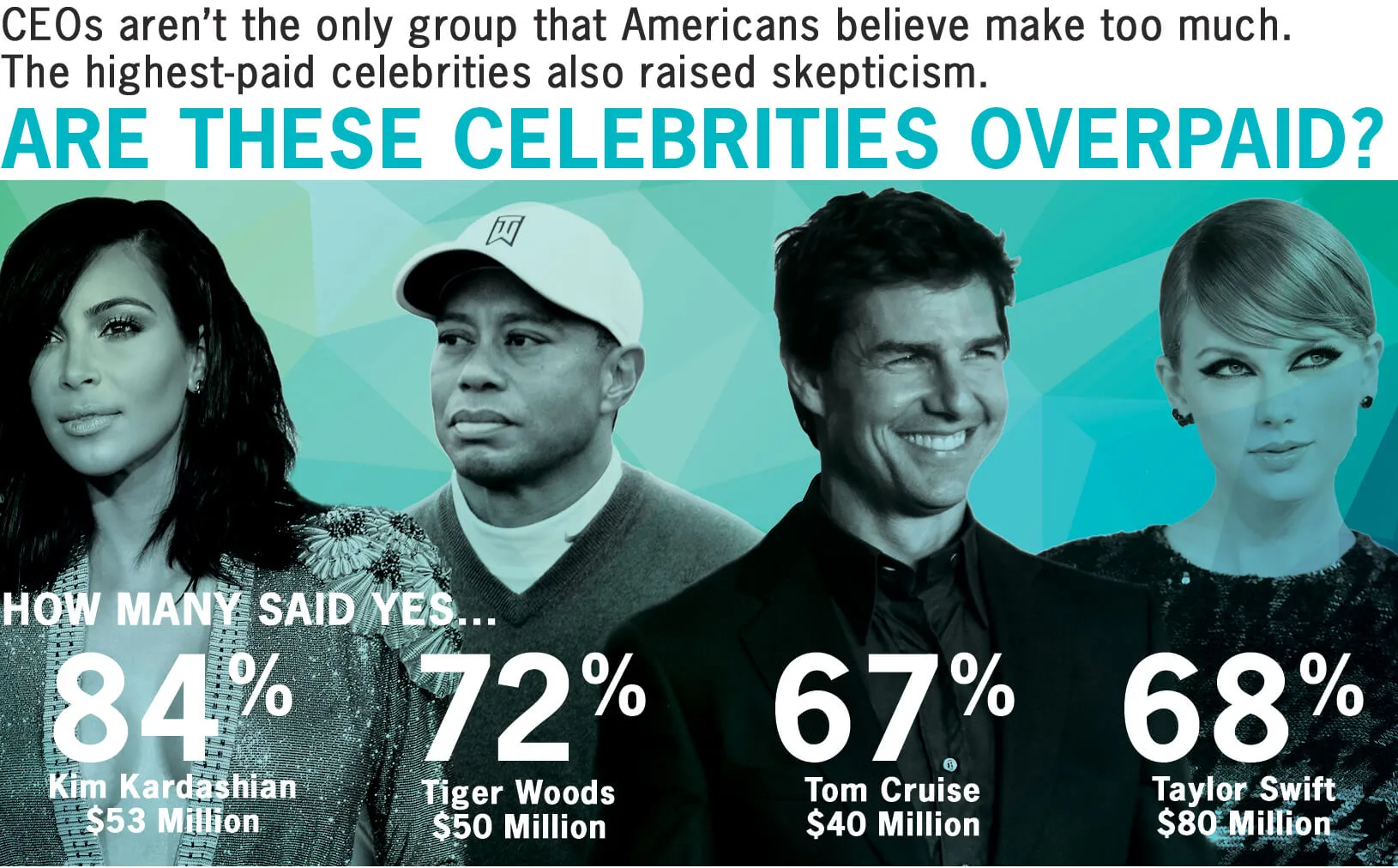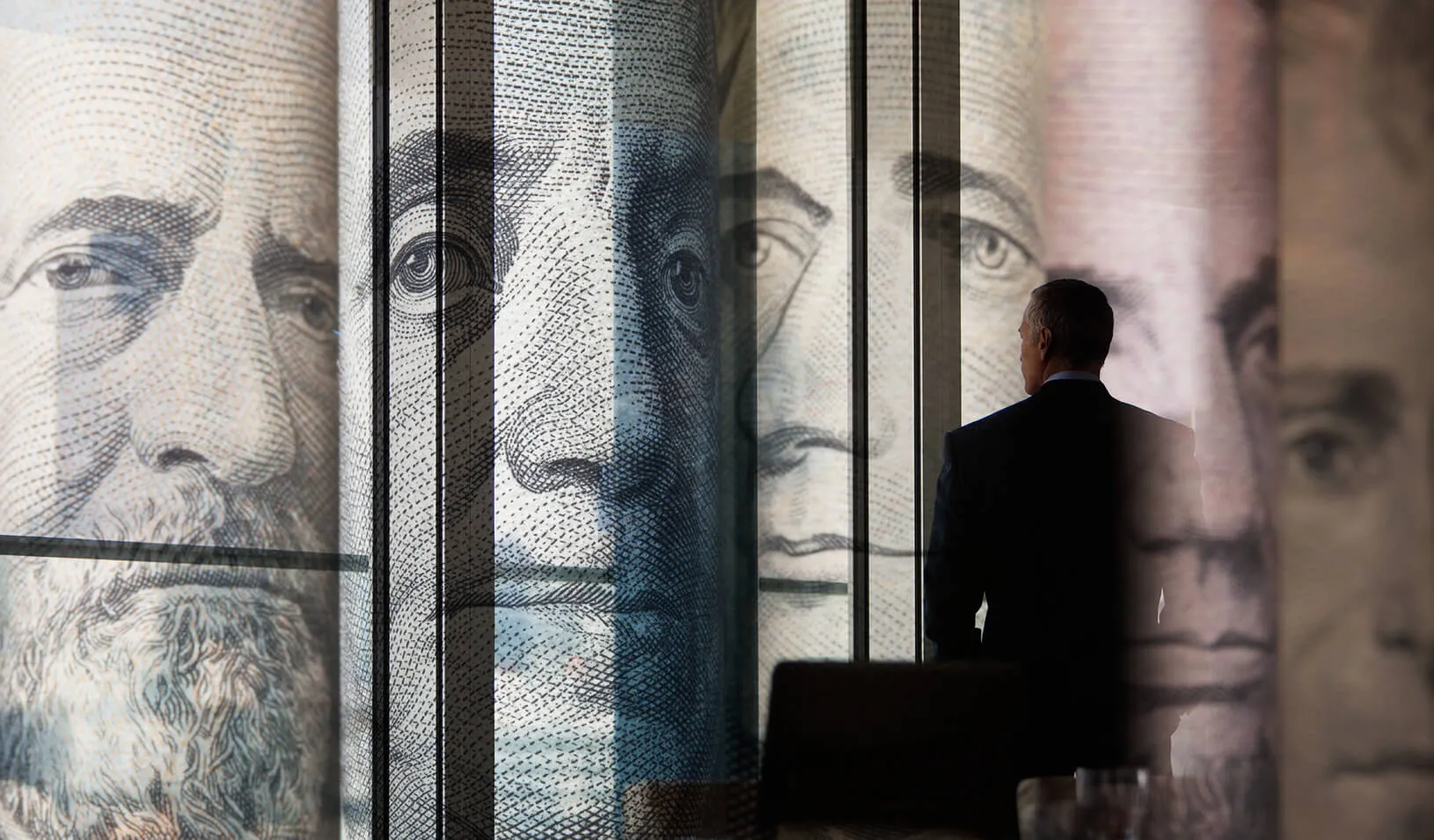February 17, 2016
| by Shana LynchAmericans aren’t too clear how much CEOs actually take home in compensation, but even so, they believe these corporate leaders make too much money.
This comes from a new survey on the public’s perception of CEO compensation, led by the Rock Center for Corporate Governance, an initiative of Stanford Graduate School of Business and Stanford Law School. The survey queried 1,200 Americans on what CEOs make, how they should be paid for performance, and whether government should be involved.

Overall, respondents believed most CEOs made less than a tenth of what they actually do — on average, they thought CEOs earned nearly $1 million, whereas the real average is about $10 million. Still, 74% think those CEOs are overpaid.
“CEO compensation figures are much higher than the public is aware of,” says David F. Larcker, a Stanford GSB professor of accounting and the lead researcher on the study. “In many parts of the country, it is incomprehensible that anyone can earn this much money.”
CEO pay has risen sharply over the past few decades. CEOs today can make between 210 and 300 times what their workers earn. In comparison, they made 20 times their workers’ pay in 1965, according to the Economic Policy Institute.
The institute found from 1978 to 2014, CEO compensation increased 997% when adjusted for inflation.
Companies use high salaries to draw top talent in a competitive field or reward leaders who increase company value. But the survey shows Americans are either skeptical CEOs actually create that additional value, or they don’t think they should be rewarded for it, says Stanford GSB lecturer and researcher Nick Donatiello.
For example, when survey takers were asked how much a CEO should get if she increased the value of a company $100 million over a year, responses varied greatly: The median answer was $500,000, while the mean response was $3.2 million.
That should raise a red flag for companies, which set CEO pay and must justify those numbers. “Clearly, companies have not been successful communicating how much value their CEO creates and how much compensation is required to attract and motivate the right people,” Donatiello says.
Americans might be concerned about steep CEO paychecks, but they aren’t sure how to reduce them. Nearly half of survey respondents think Uncle Sam should step in to regulate compensation, but another third think the government shouldn’t intervene. Not surprisingly, higher wage earners and Republicans and Independents would rather keep government out of the conversation.
“Whether high pay packages are deserved is an emotionally charged subject,” notes Stanford GSB researcher Brian Tayan. “Whether the government can or should intervene is even more divisive.”
Read more from the Rock Center for Corporate Governance.

Photo Sources: Reuters/Mario Anzuoni; David Wallace-Arizona Republic via USA TODAY Sports; Reuters/Marcos Brindicci; Reuters/Danny Moloshok
For media inquiries, visit the Newsroom.






